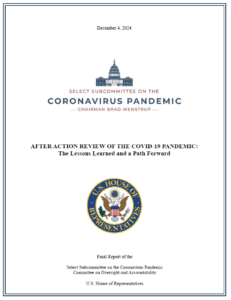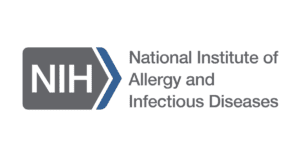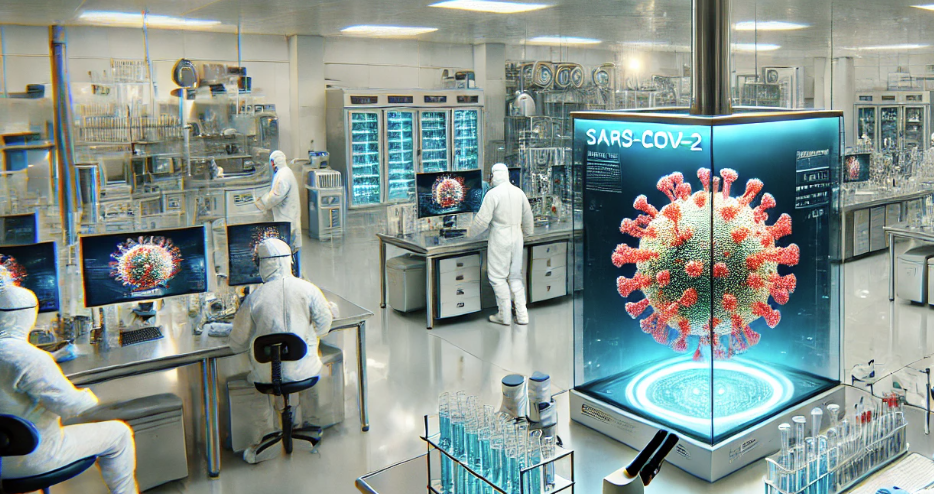 On December 2, 2024, the U.S. House Select Subcommittee on the Coronavirus Pandemic released its final report, “After Action Review of the COVID-19 Pandemic: The Lessons Learned and a Path Forward.” The 520-page document offers a detailed analysis of the pandemic’s origins, evaluates the effectiveness of the U.S. response, and provides recommendations for future crises.
On December 2, 2024, the U.S. House Select Subcommittee on the Coronavirus Pandemic released its final report, “After Action Review of the COVID-19 Pandemic: The Lessons Learned and a Path Forward.” The 520-page document offers a detailed analysis of the pandemic’s origins, evaluates the effectiveness of the U.S. response, and provides recommendations for future crises.
The report contains significant revelations about the origins of the virus, widespread policy failures, and the successes that emerged despite numerous challenges. Subcommittee Chairman Brad Wenstrup described the work as “the single most impactful responsibility I have undertaken in 12 years in Congress.”
Lab Leak Theory Gains Credence
One of the most striking findings concerns the origins of SARS-CoV-2. The report lends considerable weight to the hypothesis that the virus emerged from a lab-related incident, specifically at the Wuhan Institute of Virology (WIV). The subcommittee referenced testimony from intelligence officials and scientists that supported the theory over the zoonotic spillover explanation.
Dr. Robert Redfield, former Director of the Centers for Disease Control and Prevention, testified: “From the earliest days of the pandemic, my view was that both theories about the origin of COVID-19 needed to be aggressively and thoroughly examined. Based on my initial analysis of the data, I came to believe—and still believe today—that it indicates COVID-19 infections more likely were the result of an accidental lab leak than the result of a natural spillover event.”
The report highlights several factors supporting this conclusion, including a January 2021 State Department fact sheet. It noted, “The U.S. government has reason to believe that several researchers inside the WIV became sick in autumn 2019, before the first identified case of the outbreak, with symptoms consistent with both COVID-19 and common seasonal illness.”
Further bolstering the lab-leak theory, former Director of National Intelligence John Ratcliffe testified: “If our intelligence and evidence supporting a lab leak theory was placed side-by-side with our intelligence and evidence pointing to a natural origins or spillover theory, the lab leak side of the ledger would be long, convincing, even overwhelming, while the spillover side would be nearly empty and tenuous.”
The report also scrutinized gain-of-function research conducted at the WIV, funded in part by the U.S. National Institutes of Health (NIH). The June 2023 Office of the Director of National Intelligence (ODNI) assessment revealed that “some of the WIV’s genetic engineering projects on coronaviruses involved techniques that could make it difficult to detect intentional changes.”
 Failures in Transparency and Oversight
Failures in Transparency and Oversight
The subcommittee strongly criticized U.S. agencies for a lack of transparency during the pandemic. It singled out the NIH and the National Institute of Allergy and Infectious Diseases (NIAID), accusing them of failing to provide adequate oversight of EcoHealth Alliance, a key partner in research conducted at the WIV.
The report alleges that Dr. Anthony Fauci “played semantics with the definition of gain-of-function research,” fostering an environment of evasion when responding to congressional inquiries. It also notes that “senior National Institute of Allergy and Infectious Diseases leadership fostered an environment that promoted evading the Freedom of Information Act.”
The report’s findings suggest that the opacity around the origins of the virus and the public health response eroded trust in government institutions. “Accountability, transparency, honesty, and integrity will regain this trust,” the report states.
Fraud in Relief Programs
The report provides a sobering account of rampant fraud in pandemic relief programs. The Paycheck Protection Program (PPP) alone saw at least $64 billion stolen by fraudsters, with similar vulnerabilities in the Economic Injury Disaster Loan program. The Small Business Administration’s failure to implement proper oversight controls exacerbated these losses.
“Federal agencies overseeing pandemic relief funds were needlessly ‘siloed off’ from each other, which prevented holistic tracking and disbursing of funds to prevent fraud,” the subcommittee wrote.
 Impact of School Closures
Impact of School Closures
Pandemic-era school closures also faced heavy scrutiny. The report describes these closures as a significant policy failure with long-term consequences for children. It claims that the closures were not grounded in robust scientific evidence and disproportionately harmed vulnerable populations.
“Pandemic-era school closures will have enduring impacts on generations of America’s children,” the report states, highlighting increases in mental health issues, behavioral problems, and academic setbacks. The subcommittee cited testimony describing the closures as a decision influenced more by political pressure than by sound science.
Public Health Successes and Lessons Learned
Despite its criticisms, the report praises some aspects of the pandemic response, particularly Operation Warp Speed, which accelerated vaccine development. The program “undoubtedly saved millions of lives by diminishing the likelihood of severe disease and death,” the report acknowledges.
However, the report calls for a reassessment of vaccine mandates and pandemic-era restrictions. “The Constitution cannot be suspended in times of crisis, and restrictions on freedoms sow distrust in public health,” the subcommittee wrote. It further criticized vaccine mandates, asserting they were not fully supported by science and had unintended consequences, including harm to military readiness.
A Call for Action
Chairman Wenstrup emphasized that the report should serve as a roadmap for preventing and managing future pandemics. “This work will help the United States, and the world, predict the next pandemic, prepare for the next pandemic, protect ourselves from the next pandemic, and hopefully prevent the next pandemic,” he said.
The report calls for continued congressional investigation into unresolved issues, including the origins of the virus and the performance of federal agencies during the pandemic. It concludes, “We can always do better, and for the sake of future generations of Americans, we must. It can be done.”
With these findings, the report aims to foster accountability and restore public trust in government and public health institutions ahead of potential future crises.
Document Archive
 Congressional Report Details COVID-19 Origins, Response, and Lessons Learned [502 Pages, 46MB]
Congressional Report Details COVID-19 Origins, Response, and Lessons Learned [502 Pages, 46MB]
Follow The Black Vault on Social Media:

